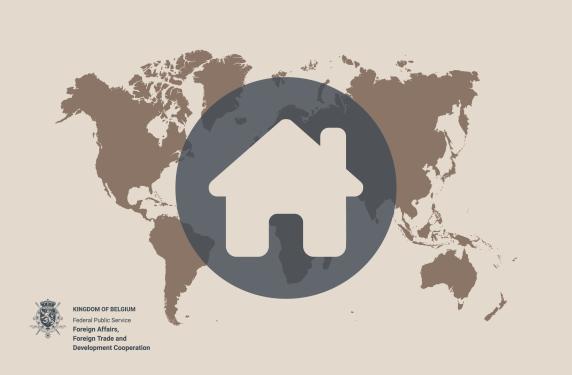-
Last updated on
Opening hours
Monday: 13:00 – 15:00: Embassy receives your documents.
Thursday: 13:00 – 15:00: Embassy returns back your documents.
The only payment method available is Debit/Credit card or Bank transfer.
Legalization fee is 84 SAR/stamp.
As of 14th December 2020, the Embassy will legalize documents electronically without a sticker affixed to the original document. Documents must still be submitted in hard copy. However, they will be signed electronically and sent by e-mail. With a reference number provided by the embassy, the legalized document can be accessed on the LegalWeb website.
Apostille
Effective Dec. 7, 2022, Saudi Arabia joined the Hague Apostille Convention abolishing the requirement of legalization for foreign public documents.
From this day on, official documents from Saudi Arabia will no longer need to be counter-legalized for Belgium & Luxembourg.
Please note that the apostille is only available for original documents (or true copies issued by the same body that issued the original). Apostilled photocopies cannot replace the original document.
The legalization or apostille has no expiry date, but if the document has a time-limited validity, that of the legalization or apostille shall be equally limited.
More information on the apostille service
General
A document that is official and legal in one country is not necessarily official and legal in another. Many documents must therefore be legalised if you wish to use them abroad.
The legalisation process involves checking the origin of the relevant document. Legalisation is official confirmation that the signature of the civil servant that has signed a document, or the seal or stamp on the document, is legitimate.
It is not only the signature of the person that has issued the document that is legalised, the process can also legalise the signature of the legalising registrar. Every signature, every seal and every stamp will be legalised by the person authorised to do so and who is familiar with each signature, seal or stamp. This explains why various legalisations are sometimes required, in a specific order.
A country may have signed up to a legalisation treaty that encompasses agreements about how countries accept one another's official documents. Many countries have signed up to the "Apostille Convention" of The Hague of 5 October 1961. With this, just 1 legalisation is required via an apostille stamp.
Questions and answers about the legalisation of documents
For legalisation from abroad, you can also consult the website of our representative at the location concerned, i.e. Belgian embassies and consulates.
In order to further refine your question, you can also use the Search criteria.
